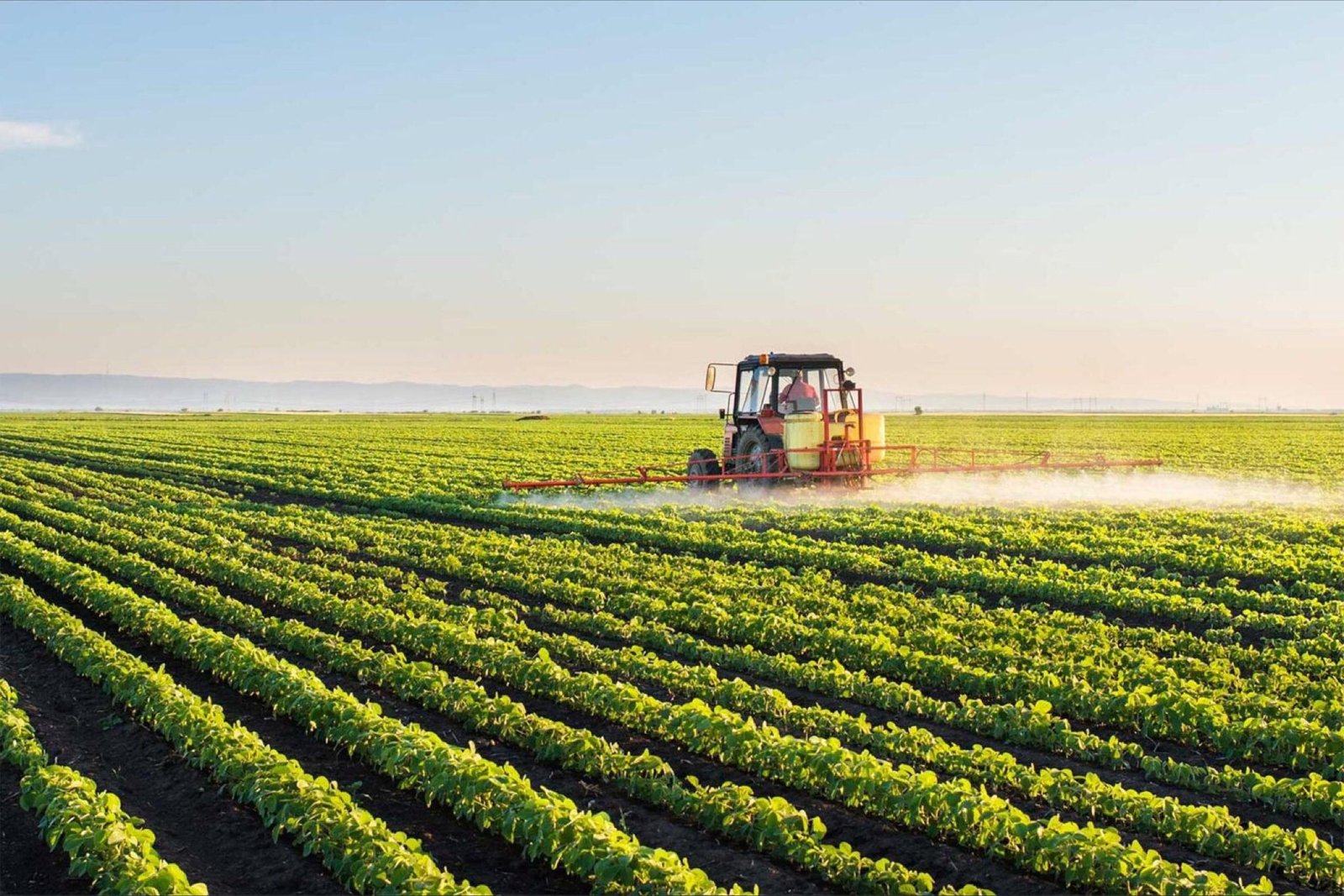Africa holds the key to not only becoming self-sufficient in agriculture but also to becoming a significant exporter of agricultural products. The continent is endowed with nearly 60% of the world’s unexploited arable land, which presents tremendous opportunities for agricultural expansion. By adopting proper mechanisation, expanding knowledge, and providing adequate support, even small-scale farmers could transition to commercial production, vastly improving food availability.

However, challenges remain, particularly in accessing essential inputs like seeds and fertilizers. These obstacles are gradually being overcome as Africa starts to tap into its rich underground resources, setting the stage for it to emerge as an agricultural powerhouse. An hour away from the medina of Marrakech and its throngs of tourists, plains of semi-desert stretch across the horizon, the state-owned Moroccan company OCP extracts 44 million tonnes of phosphate rock annually a figure expected to increase to 70 million tonnes by 2027. While much of this phosphate is currently exported, OCP is making strategic investments to bolster the agrifood sector within Africa, anticipating a rise in fertilizer demand.
Despite importing $43 billion in food in 2019 a figure that the World Bank projects will increase to $110 billion by 2025 Africa’s agricultural practices are still less efficient than those in countries like India and the USA. This inefficiency, compounded by challenges such as political instability, inadequate infrastructure, conflict, and climate change, discourages investment and hinders farming operations.

Nevertheless, prominent organisations and individuals are optimistic about Africa’s agricultural future. Bill Gates has expressed a positive outlook, citing to the Financial Times the transformative impact of advanced seeds and livestock genetics, along with enhanced fertilizer usage. These elements are crucial for sparking a new “Green Revolution,” akin to the one that significantly increased agricultural productivity in Asia starting in the 1960s.
With its vast tracts of cultivable land and a growing young population, Africa is uniquely positioned to leverage these advancements. The vision is clear: with targeted investments and innovative approaches, Africa can achieve food self-sufficiency and become a major player in the global food markets.










